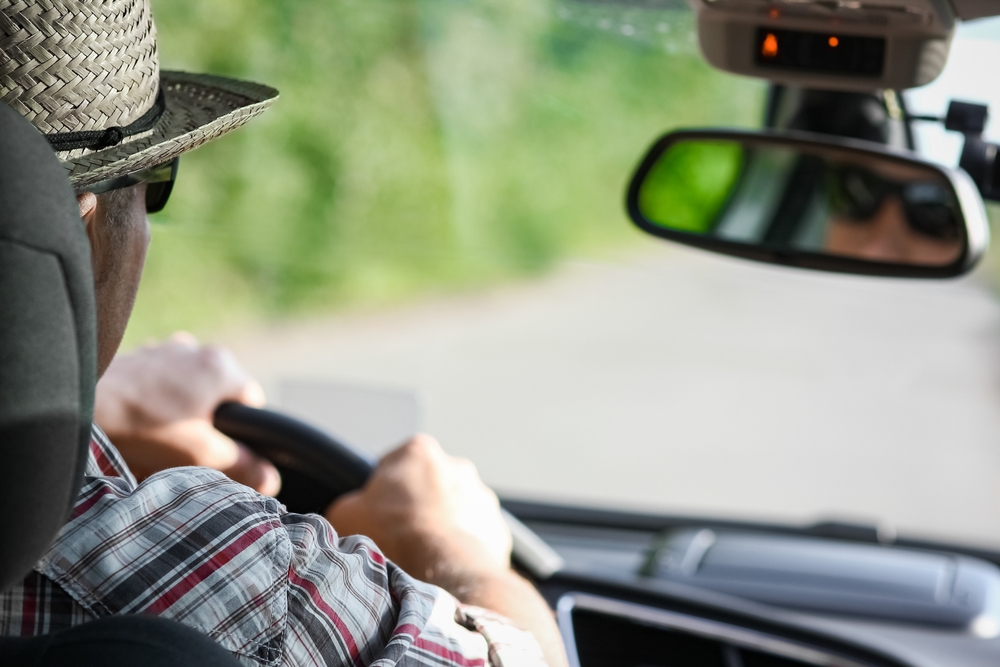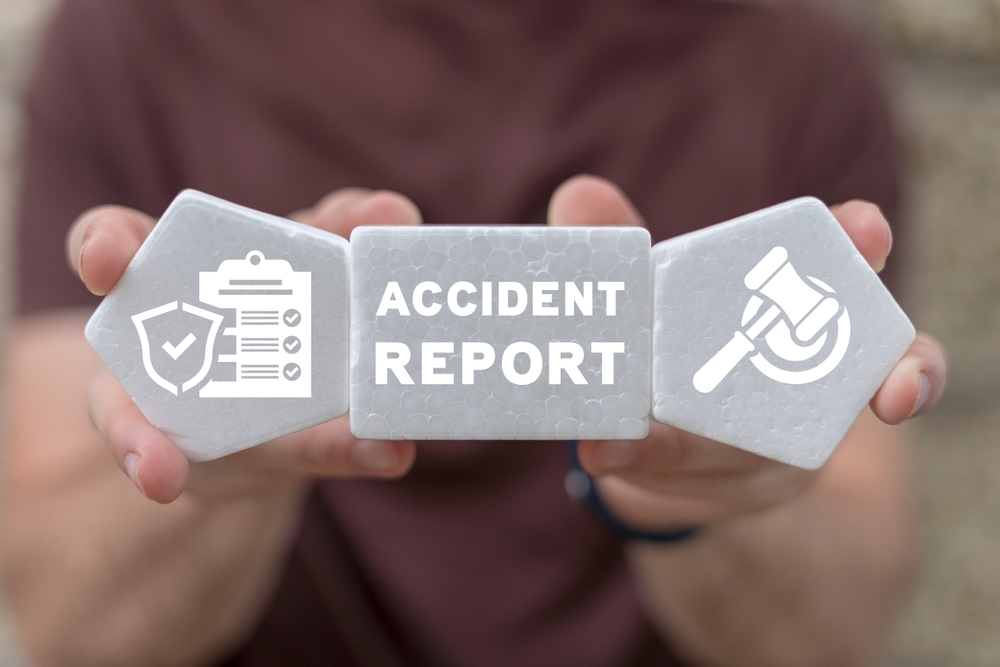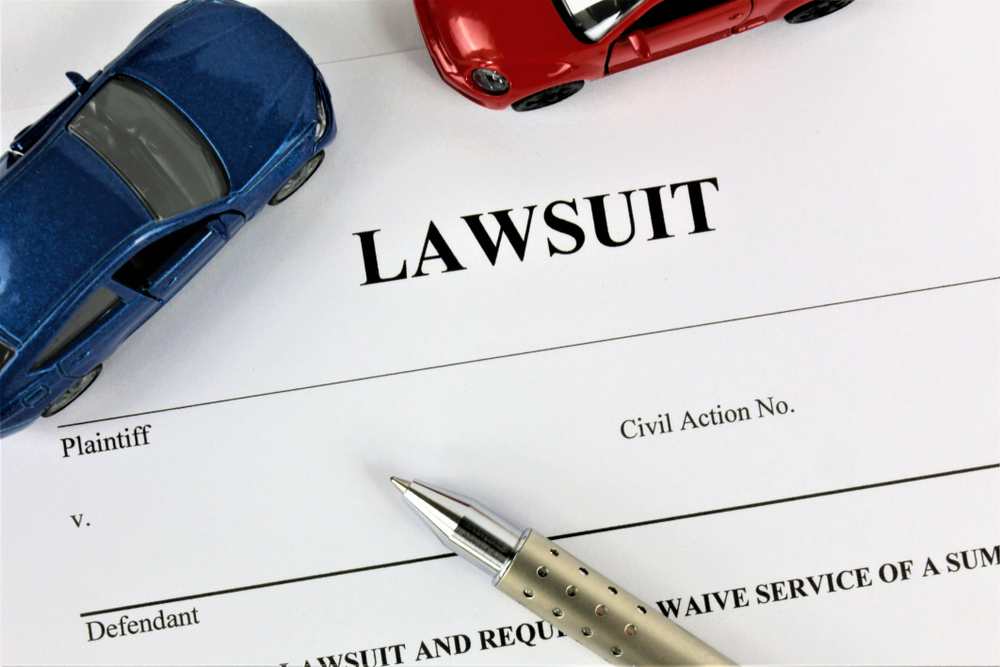Ridesharing services like Uber and Lyft have revolutionized the transportation industry, offering a convenient and affordable way for people to get around. However, with the increasing popularity of these services, the number of ridesharing accidents has also risen. You should understand the unique aspects of ridesharing accidents and how they differ from traditional car accidents, especially regarding legal claims.
Filing a lawsuit after an Uber or Lyft car accident can be complicated due to several factors. Determining liability can be challenging as multiple parties may be involved, including the rideshare driver, the company, and potentially other drivers or entities. Additionally, gathering evidence and proving negligence typically requires witness statements, police reports, and potentially even surveillance footage.
Furthermore, dealing with insurance companies and deciphering their policies can be confusing and time-consuming. As such, it’s in your best interest to have legal representation to ensure your rights are protected and to clear the common hurdles in these cases successfully. If you have been involved in an Uber or Lyft car accident, don’t delay - contact a qualified car accident attorney near you to discuss your case and explore your options.
Statute of Limitations for Uber and Lyft Lawsuits
Everyone who has been involved in a rideshare accident should be aware of the statute of limitations for filing a lawsuit after an Uber or Lyft car accident. Statutes of limitations vary from state to state, but generally, you have a limited amount of time to initiate legal action. Please file within this timeframe to avoid the loss of your right to seek compensation for your injuries. Therefore, it’s best to consult with an attorney as soon as possible to ensure you don’t miss the deadline.
Understanding Liability in Uber or Lyft Car Accidents
Determining liability is one of the first steps in filing a lawsuit after an Uber or Lyft car accident. In traditional car accidents, the at-fault driver is typically held responsible for damages. However, liability can be more complex in rideshare accidents. It can be shared among multiple parties, including the rideshare driver, the company, and other negligent parties involved.
The rideshare driver may be held liable if their actions directly contributed to the accident. It can include situations where the driver was distracted, intoxicated, or driving recklessly. However, note that the driver’s personal insurance policy may not provide coverage when the driver was logged into the rideshare app but did not have a passenger in the car. In these cases, the coverage provided by Uber or Lyft’s insurance policy would come into play.
Uber and Lyft have insurance policies to cover accidents during rideshare trips. These policies typically provide higher coverage limits than a driver’s personal insurance policy. However, there may be limitations or conditions that apply, so it is important to consult with an rideshare accident attorney to understand how these policies can affect your case.
In some situations, other parties may share liability for the accident. This can include other drivers involved in the accident, vehicle manufacturers if a defect contributed to the accident, or even road maintenance entities if road conditions played a role. Identifying all potentially liable parties is required to ensure you receive fair compensation for your injuries and damages.
Understanding Uber and Lyft’s Insurance Policies

Even though Uber and Lyft provide convenience and affordability to users, accidents can still happen. If you find yourself injured in an Uber or Lyft car accident, you may be wondering what steps to take next. One important aspect to consider is understanding the insurance policies provided by Uber and Lyft.
Both Uber and Lyft have insurance policies that cover passengers involved in accidents. When a passenger suffers an injury in a car accident while using the ridesharing service, they may be eligible for compensation through these insurance policies.
Uber’s insurance policy consists of three periods:
- Period 1: The driver is offline, or the app is off. In this period, the driver’s personal insurance policy applies.
- Period 2: The driver is online and awaiting a ride request. During this period, Uber provides contingent liability coverage of up to $50,000 per person injured in an accident, $100,000 total injury coverage per accident, and $25,000 property damage coverage.
- Period 3: The driver has accepted a ride request and is en route to pick up the passenger or during the trip. Uber’s commercial insurance policy covers up to $1 million in liability coverage per accident, which includes bodily injury and property damage.
Lyft’s insurance policy also has three periods similar to Uber’s:
- Period 1: The driver is offline, or the app is off. Personal insurance applies.
- Period 2: The driver is online but hasn’t accepted a ride request. Lyft provides contingent liability coverage of up to $50,000 per person injured, $100,000 total injury coverage per accident, and $25,000 property damage coverage.
- Period 3: The driver has accepted a ride request and is en route to pick up the passenger or during the trip. Lyft’s commercial insurance policy covers up to $1 million in liability coverage per accident, including bodily injury and property damage.
It’s important to note that Uber and Lyft’s insurance policies should kick in if the driver’s personal insurance denies coverage. Understanding these insurance policies is imperative to determine how your injuries may be covered in an Uber or Lyft car accident. A knowledgeable car accident lawyer can help explain how insurance coverage will work in your accident and take steps to maximize your compensation accordingly.
Gathering Evidence and Proving Negligence
To successfully file a lawsuit and recover damages in an Uber or Lyft car accident case, you will need strong evidence and prove negligence. This requires a thorough investigation and evidence collection to support your claim.
Witness statements can play a critical role in demonstrating the events leading up to the accident. These statements can corroborate your version of events and provide additional perspectives on the accident. Gathering statements as soon as possible is vital, as memories can fade. Your attorney can get witness information from the police report and speak with them on your behalf.
Police reports are another valuable piece of evidence in car accident cases. A police report provides an official record of the accident, including necessary details such as the date, time, location, witness contact information, and a description of the accident. This report can help establish facts and support your claim.
In some cases, surveillance footage from Uber or Lyft vehicles may be available. This footage can provide valuable evidence of the accident and potentially help prove negligence. However, obtaining this footage can be challenging, as rideshare companies may not willingly release it. An attorney can help with this process and ensure the necessary evidence is obtained.
Proving negligence requires showing that the responsible party failed to act reasonably, leading to the accident and your injuries. It can be established through evidence such as witness statements, expert opinions, and accident reconstruction analysis. An attorney experienced in rideshare accident cases can help build a strong case by effectively gathering and presenting this evidence.
Dealing with Insurance Companies

Dealing with insurance companies can be one of the most challenging aspects of filing a lawsuit after an Uber or Lyft car accident. Insurance companies are well-versed in minimizing payouts and protecting their interests. Without legal representation, you may be disadvantaged when negotiating with these companies.
Uber and Lyft have their own insurance policies to cover accidents that occur during rideshare trips. However, understanding these policies can be tricky, and limitations or conditions may be attached. It’s best to consult a reputable rideshare accident attorney to ensure you know your rights under these policies and receive the compensation you deserve.
Other parties involved in the accident may also have insurance coverage that can come into play. Coordinating with multiple insurance companies can be overwhelming, especially when each company may have different policies and procedures. An attorney can handle the communication and negotiation with these insurance companies on your behalf, relieving you of unnecessary stress and ensuring your claim is dealt with properly.
Calculating Damages in an Uber or Lyft Lawsuit
If you decide to file a lawsuit after an Uber or Lyft car accident, you may be entitled to recover various types of damages. These damages can include:
- Medical expenses: This includes the cost of past, current, and future medical treatment related to your injuries.
- Lost earnings: If your injuries prevent you from working, you may be entitled to compensation for your lost earnings during your recovery period.
- Pain and suffering: You can also claim damages for physical pain, emotional distress, and the impact the accident has had on your overall quality of life.
- Property damage: If your personal belongings, such as a smartphone or laptop, were damaged in the accident, you can claim compensation for the repair or replacement costs.
Calculating damages in an Uber or Lyft lawsuit can be difficult, so working with an attorney who can accurately evaluate your case and fight for the maximum compensation you deserve is crucial.
Seeking Medical Treatment
Seeking medical treatment after an Uber or Lyft car accident is critical for your health and lawsuit. Even if you do not feel immediate pain or injuries, it is recommended that you get a thorough medical evaluation. Some injuries may take time to manifest symptoms; a medical professional can identify and document these hidden injuries. This documentation is highly valuable when seeking compensation for your injuries in a lawsuit.
Follow your doctor’s instructions for recommended diagnostic tests, treatments, or physical therapy. Consistent and accurate documentation of your injuries and treatment will strengthen your case.
Settling vs. Going to Trial in an Uber or Lyft Car Accident Lawsuit
When pursuing a lawsuit after an Uber or Lyft car accident, there are two options: settling the case outside of court or taking the case to trial.
Settling a case can offer several advantages, including a quicker resolution, avoiding the uncertainties of courtroom litigation, and potentially receiving compensation sooner. However, you will want to evaluate any settlement offers carefully to ensure they adequately compensate you for your damages.
Taking a case to trial can allow you to present your case to a judge and jury, who will determine the outcome and the amount of compensation awarded. Going to trial can also allow for the potential for higher damages if the jury finds in your favor. However, trials can be lengthy and expensive, and the outcome is not guaranteed.
Before making a decision, consult with a rideshare accident lawyer who can evaluate the strength of your case and provide guidance on whether to pursue a settlement or go to trial. They can help make an informed decision based on the specific circumstances of your case.
The Importance of Legal Representation

Legal representation is imperative, given the details of filing a lawsuit after an Uber or Lyft car accident. An attorney who is well-versed in rideshare accident cases will have the skills and experience to direct your case through the legal process and protect your rights.
An attorney will gather the necessary evidence, draft a compelling legal argument, and negotiate with insurance companies. They can also advise you on the potential value of your case and guide you on the best course of action to maximize your compensation.
Furthermore, an attorney can provide support and guidance throughout the legal process. Dealing with injuries after a car accident can be overwhelming, both physically and emotionally. Having an attorney by your side can provide reassurance and peace of mind, knowing that a legal professional is fighting for your best interests.
Contact a Rideshare Accident Lawyer Today
Filing a lawsuit after an Uber or Lyft car accident is a detailed process that requires vast knowledge and experience in rideshare accident cases. Determining liability, gathering evidence, proving negligence, and dealing with insurance companies can be overwhelming for someone without legal knowledge and experience.
If you have been involved in an Uber or Lyft car accident, don’t delay - contact a personal injury attorney near you to discuss your case and explore your options. Contacting an attorney in a timely manner is essential to preserving evidence and building a solid case. Take the first step towards seeking justice and securing your future by contacting a rideshare accident attorney today. Don’t wait to seek the compensation you deserve.